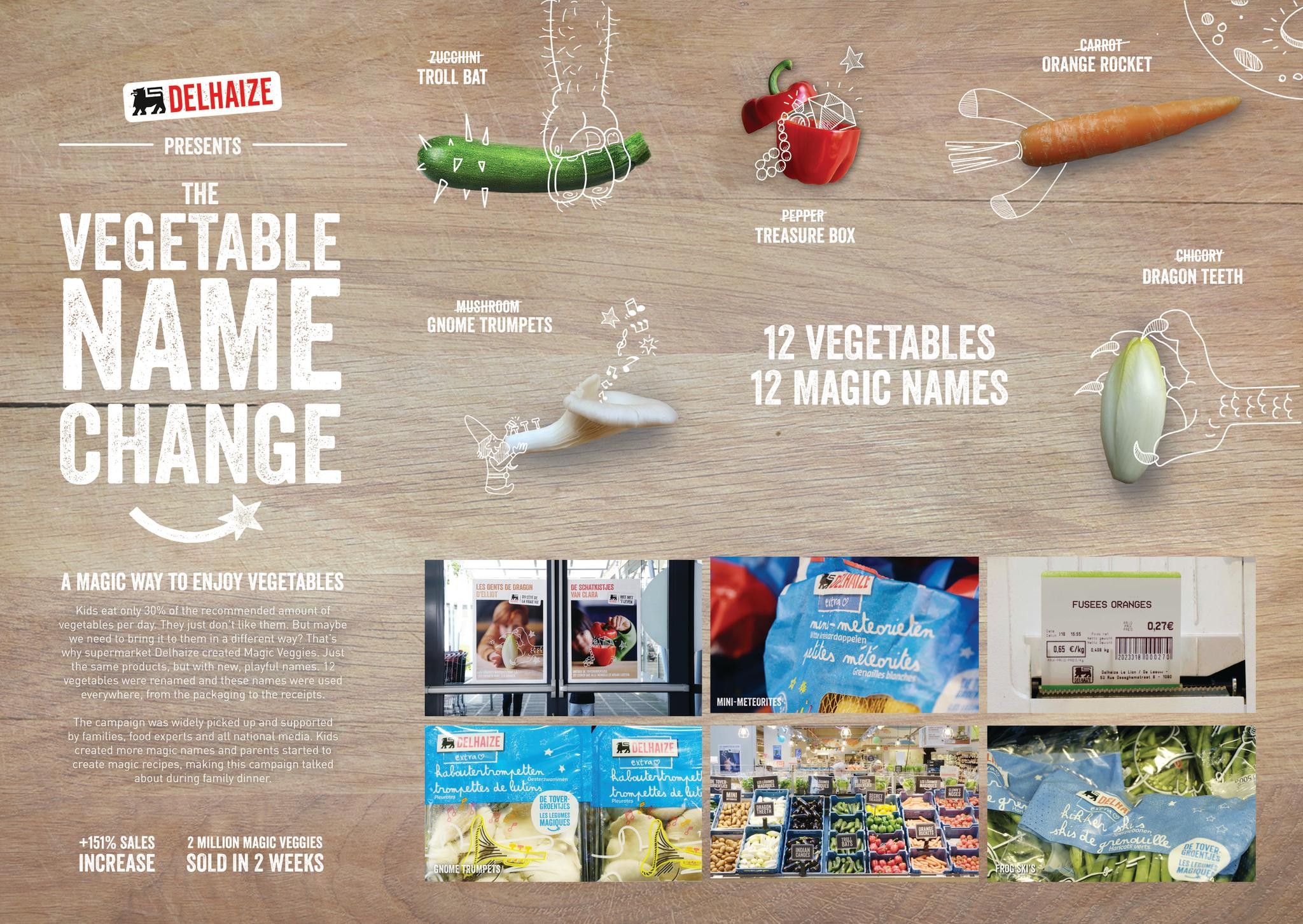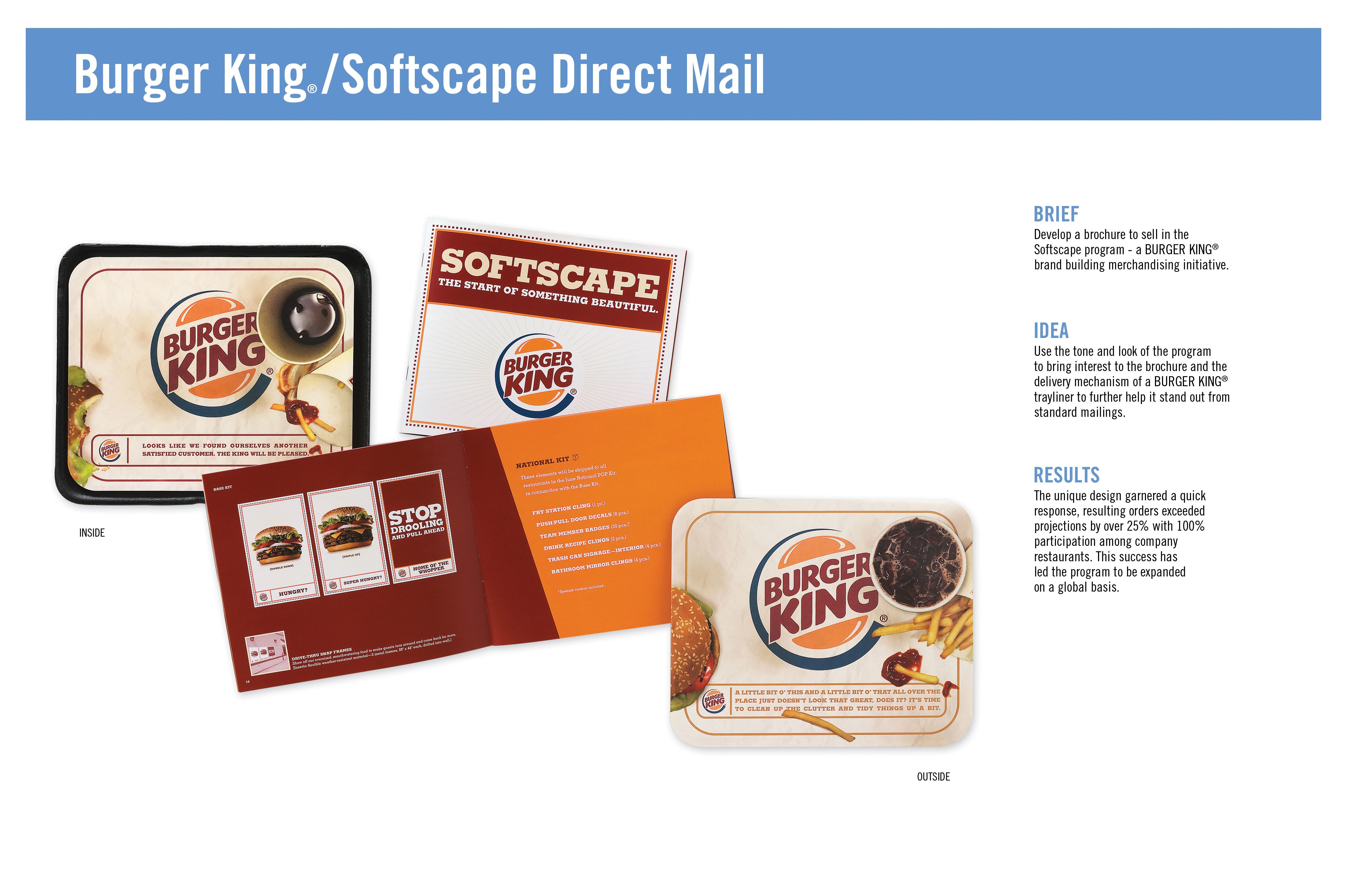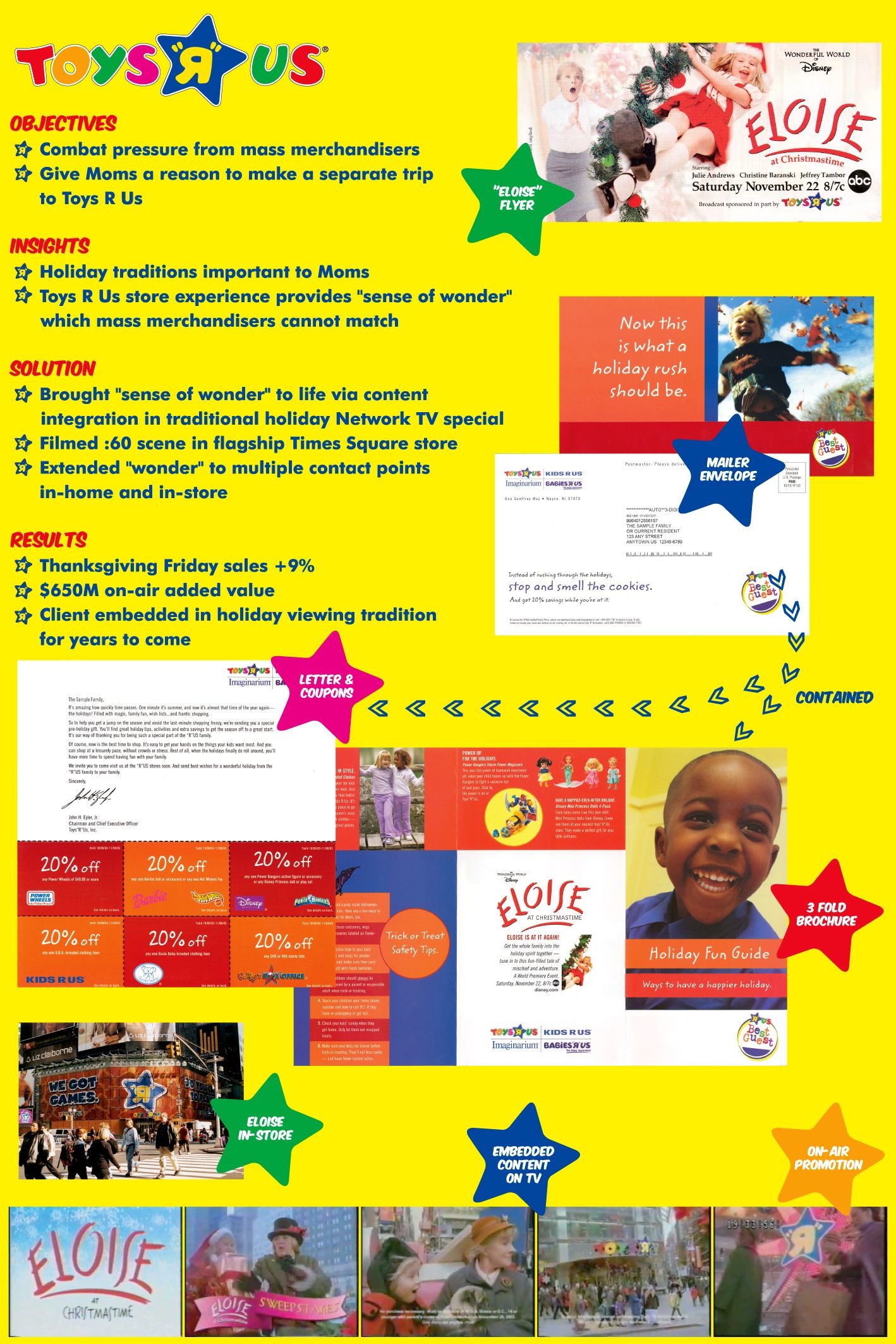Cannes Lions
Junk Fruit
TBWA\BELGIUM, Brussels / DELHAIZE / 2019

Overview
Entries
Credits
OVERVIEW
Background
The obesity epidemic has reached an all time high. Recent studies show that 1 out of 10 people on earth is obese. Health experts warn that the current effort to slow down obesity is not working. One of main causes behind this problem is our increasing addiction to junkfood. Junk food is a broad umbrella name for processed foods consisting of high calories. These foods are prepared in a way that makes them look appealing and enjoyable, so you are chemically programmed to ask for more. What is even worse is that we’re not only addicted to specific kinds of snacks, but also to the behaviour of snacking itself. This leads to different kinds of snacking moments throughout the day. Belgian number one supermarket Delhaize wanted to take initiative to fight this increasing problem and offer an alternative for all our different junk food moments.
Idea
22 different fruit products were rebranded, renamed and repackaged to match people’s specific snacking moments. Snacking while bingewatching Netflix? Bingeberries! Snacking in the car? Commute fruit! Snacking before dinner? Apero fruit! All day snacking? Grab-a-grapes! Junk food is so omnipresent and deeply rooted in our society that - to compete with it - we had to be exactly the same. Wherever there was junk food, there was Junk Fruit. In all our 772 stores we offered an alternative for every junk food product. But also, outside the stores, Junk Fruit was widely available. From movie theaters to theme parks. From gas stations to popular events. We even copied the techniques of big junk food brands and opened up Junk Fruit drive-tru’s, and tested Junk Fruit delivery. So people didn’t have to change their snacking habits, the only thing people had to do, was keep on doing exactly the same.
Strategy
After years of decreasing market share, Delhaize decided to step out of the ‘no compromise’ battle and to refocus on its own strengths. Historically, Delhaize is not a price player and, despite increased promo pressure, cannot compete with the hard discounters. Therefore, the brand chose to retain its high value strategy and to focus on creating brand meaningfulness. Being the most human retailer, Delhaize started to provide simple solutions to everyday struggles in a positive way. The brand thus went from an inner-focused approach to a strategy centered around the consumer needs, such as the struggle with unhealthy food habits. Traditional campaigns to promote fruit and increase daily fruit intake were unsuccessful. That’s why Junk Fruit, a simple yet disruptive idea to rebrand, rename and repackage fruit products to match people’s specific snacking moments significantly increased Delhaize’s health perception and brand differentiation.
Execution
To market Junk Fruit we created a whole new brand. For every specific snacking moment a new fruit product was invented, including naming and packaging. From Bingeberries to Commute Fruit. 22 different products in total. A new visual identity was created inspired by the poppy, colourful designs of junk food brands. The Junk Fruit series was sold in store to offer a direct alternative for real junk food products. Junk Fruit became omnipresent outside the store as well. From movie theatres to theme parks. From gas stations to popular events. We even opened Junk Fruit drive-thrus to literally compete with junk food brands on all fronts.
Outcome
During the time of the campaign fruit sales went up with more than 90 percent, an unseen shift in sales. And consumer tests showed Delhaize reclaimed its leadership position as the country’s #1 health supermarket.
Similar Campaigns
12 items









